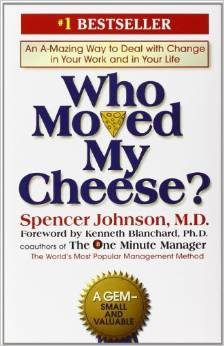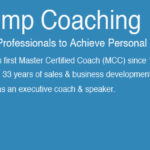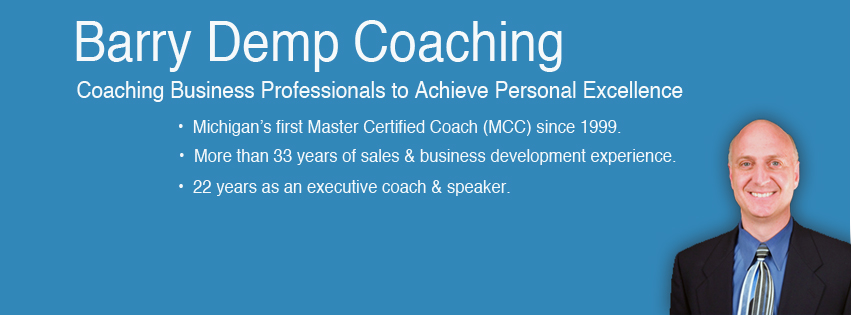“Change before you have to.”
-Jack WelCh, retired chairman and CEO of General Electric

Click on the image to order from Amazon.com
The current U.S. unemployment rate is in the area of 5.5%. Given the numbers from the past 5 – 7 years, this is a vast improvement.
Despite the multiple thousands of available jobs, many organizations are experiencing tremendous difficulty finding qualified individuals for the positions they have open.
What might the unemployment rate be if every open position were filled? What would it take for people to be qualified for such careers?
Unfortunately, because people can be resistant or reluctant to change, many discover that their previous “valuable” skills are either less valuable, or considered irrelevant in the current business world. Technology, outsourcing, and off-shoring are three factors among many that contribute to the elimination of many positions that were once considered good jobs.
The classic little business book, Who Moved My Cheese, by Spencer Johnson, M.D., points to this all-too-frequent occurrence, which is now happening at unprecedented speed.
EXERCISE:
How can you embrace and proactively generate the needed changes in your skills and abilities to not only remain relevant, but to be uniquely qualified and highly desirable for the jobs of the future?
Where can and will you change and evolve in your personal life to keep up with and stay attuned to the world around you?








